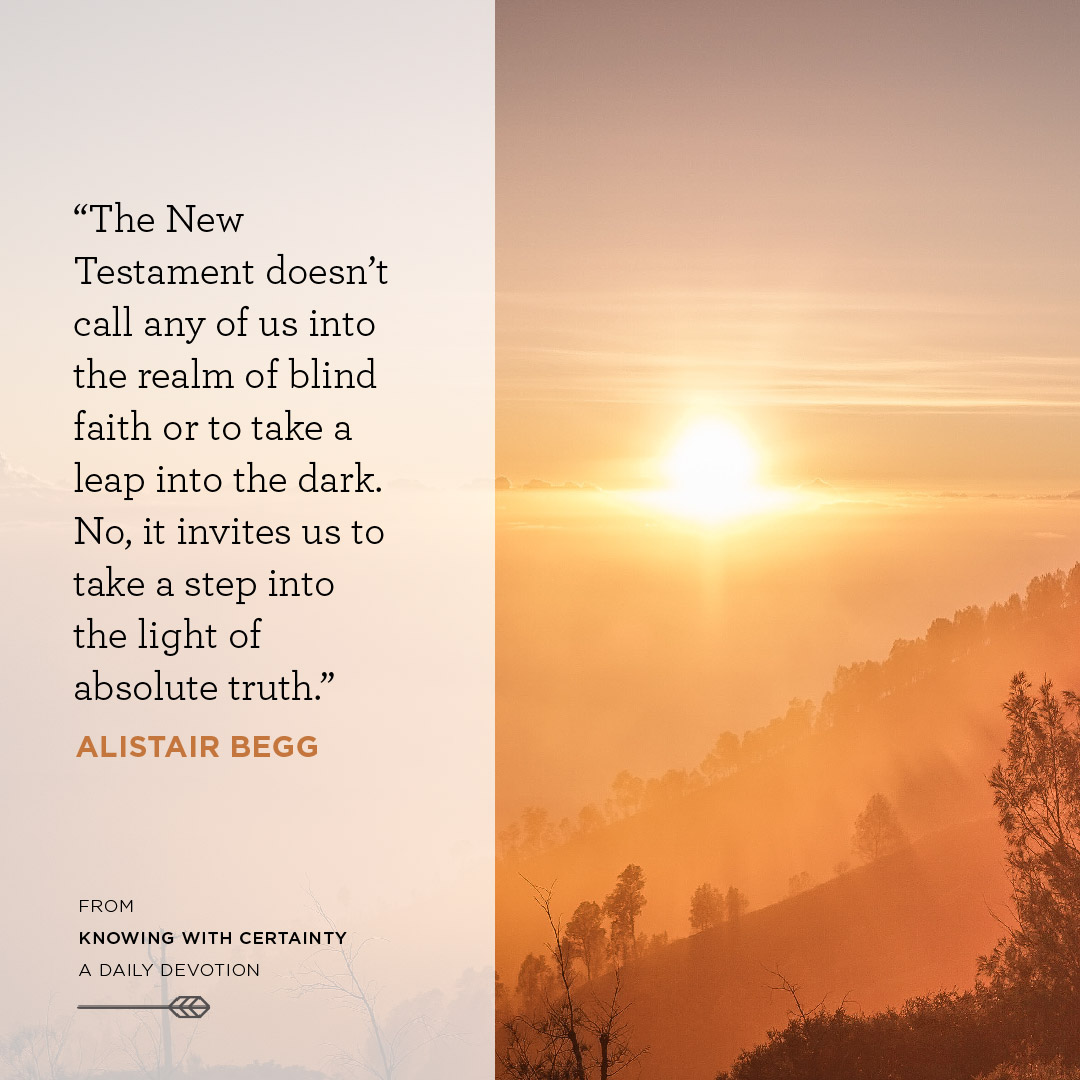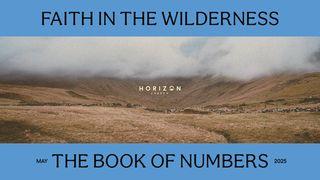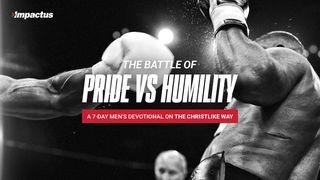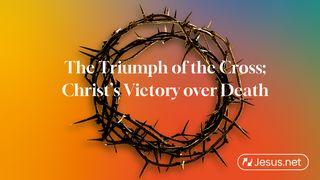The Wonder and Mystery of ChristmasSample

KNOWING WITH CERTAINTY
“In those days a decree went out from Caesar Augustus that all the world should be registered. This was the first registration when Quirinius was governor of Syria. And all went to be registered, each to his own town. And Joseph also went up from Galilee, from the town of Nazareth, to Judea, to the city of David, which is called Bethlehem, because he was of the house and lineage of David, to be registered with Mary, his betrothed who was with child.” LUKE 2:1-5 (ESV)
In our day and age, it is trendy to seek the truth but taboo to say we have found it. Our culture would have us believe that while it’s ok to have a concept or an idea, we shouldn’t say we have certainty. Luke was different. He wasn’t satisfied with anything less than knowing with certainty—for himself and others. Indeed, it was a key part of his very purpose in writing his Gospel (Luke 1:3-4).
In his account of Jesus’ birth, Luke provides us with political, social, geographical, and historical observations that may seem quite mundane. But they all matter. We are being shown that within the sociological context and in obedience to the political structures of his time, Joseph, along with Mary, made a geographical journey to his ancestral home. All of this took place in real, historical time.
While people back then didn’t have Google or social media, someone easily could have gone to the record of public registration and looked up Joseph’s name. The Gospel writer was not providing a philosophy, an idea, or even a religion. He was delivering an honest account of actual events—events which centered upon the child who was in Mary’s womb and who would be born in the city of David, his great ancestor whose triumphs and reign were a mere shadow of the victories this baby would one day win for His people. Luke, with every word and every detail, made it very clear that Jesus’ story doesn’t exist in a vacuum.
First- and second-century historians were in no doubt concerning Jesus’ historicity. Tacitus, a Roman historian who was writing in the early second century, had no interest in supporting the claims of Christ but was absolutely convinced that Jesus was not mythological.[1] Josephus, a Jewish historian, writing in AD 93, affirmed the fact that the life, death, and resurrection of Jesus were proclaimed by His followers.[2]
The New Testament doesn’t call any of us into the realm of blind faith or to leap into the dark. No, it invites us to take a step into the light of absolute truth. In this supernatural space where God took on human flesh, you and I can be certain about the life, death, resurrection, and ascension of Jesus of Nazareth. And in that certainty of what took place in those days, you will discover hope, peace, joy, and purpose for your day today.
- How is God calling me to think differently?
- How is God reordering my heart’s affections—what I love?
- What is God calling me to do as I go about my day today?
[1] Annals, 15.44.
[2] Antiquities of the Jews, 18.3.3.

Scripture
About this Plan

Year after year, millions of people do their best to make the excitement and festivities of Christmas Day match the anticipation that precedes it. But what about the first Christmas? Why did it happen? And was anyone disappointed? This plan focuses on the wonder, mystery, and purpose of the first Christmas—challenging us to praise God for His goodness as we receive and remember His gift of salvation.
More
Devotional material is taken from ‘Truth For Life,’ a daily devotional by Alistair Begg, published by The Good Book Company, thegoodbook.com. Used by Truth For Life with permission. Copyright (C) 2022, The Good Book Company. For more information, please visit: https://tfl.org/365
Related Plans

The Shepherd and His Names: Finding God in Psalm 23

Love Your Neighbor

DON’T FIGHT ALONE: How Isolation Keeps Us Stuck in Anxiety and Why Community Helps Us Win Mental Battles

Stop Saying You Are “Bad With Money”

Horizon Church May Bible Reading Plan - Faith in the Wilderness: The Book of Numbers

God’s Economy: The More You Give, the More You Gain

The Battle of Pride vs. Humility

The Psalms

Learning to Pray
